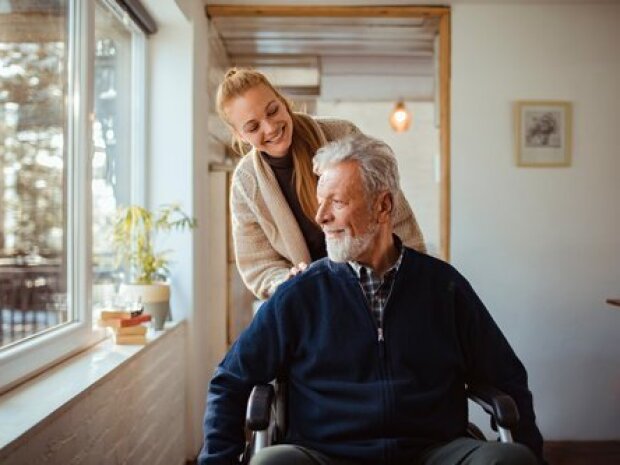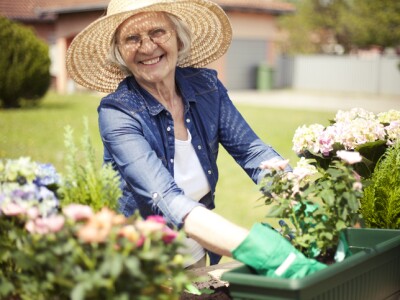When treatment is no longer an option or the end of life is near, our caregivers can help—providing companionship and compassionate care at home.
Feel safe and supported at home.
A clinical, unfamiliar setting is the last place anyone wants to be during the final stage of life. That’s why we offer end-of-life care so your loved one can stay safely and comfortably in their own home, even while on palliative.
We understand end-of-life care.
With 20 years of experience helping families navigate the final chapter of a loved one’s life, we know that a supportive caregiver can provide relief to clients—and to the people who love them.
Whether you need care around the clock or a few days a week, we’ll work alongside your family care team or palliative agency to support your loved one’s emotional and physical needs—so you can be present when your presence matters most.
Whether you need care around the clock or a few days a week, we’ll work alongside your family care team or palliative agency to support your loved one’s emotional and physical needs—so you can be present when your presence matters most.



How we can help.
During the final stage of life, careful attention to personal care and hygiene is vital. Our caregivers are expertly trained to maintain our clients’ safety and well being when they can no longer get out of bed. We’ll provide companionship, ensure seamless care, create a soothing environment, and make sure that your loved one is as comfortable and engaged as possible.
-
Companionship
-
Medication Reminders
-
Emotional Support
-
Meal Prep and Feeding
-
Light Housekeeping
-
Bathing and Toileting
-
Shopping and Errands
-
Dressing and Grooming
-
Prescription Pick-up
-
Incontinence Support
Home care offers personalized assistance to older adults in need—and surprisingly, these services don’t always have to take place in the home. Here are the ways home care provides much-needed support to your loved one wherever they are.
Alzheimer’s and Dementia Caregiving
The FAST scale assesses the “functional” or daily observable changes and symptoms associated with Alzheimer’s disease or other dementias — and it can provide a useful map, as well as much greater understanding of the process of decline. But did you know that family members and loved ones can use this tool as well?
Support your loved one’s desire to live independently with these essential home safety features, technology solutions, and support for household tasks.
Help us understand your care needs. Then we’ll set up a free phone consultation so you
can get the right support and services to live and age successfully at home.
can get the right support and services to live and age successfully at home.
Frequently Asked Questions
What’s the best home care?
The best home care is provided by reliable, professional caregivers who are trained and backed by a home care agency that’s insured, providing oversight, care guidance, and back-up caregivers as needed.
How do I find the best caregiver for my loved one?
The best caregiver is an experienced professional who has the training and skills to support your loved one’s care needs. It’s also important to find a caregiver who’s extremely reliable—has back-up if necessary—and is a good fit in terms of personality and shared interests.
Is home care better than moving to assisted living?
Nine out of ten older adults would prefer to live independently in the home they know and love rather than moving to a facility or assisted living community. With the right level of support, most people can continue to live safely and comfortably at home even as they age with a progressive illness or medical condition.
How much does home care cost?
Home care is typically billed by the hour, so the cost depends on the number of care hours per week and can vary slightly by region. Most families pay out-of-pocket for their care or use long-term care insurance.
Is a home care agency better than hiring a private caregiver?
If you value safety, security, and reliability, yes. A quality home care agency is insured and also manages the performance and scheduling of its caregivers, handles billing and payroll, and has back-up caregivers to fill in when needed. With a private hire caregiver, you’re responsible for setting up payroll and withholding taxes, caregiver vetting and background checks, and purchasing sufficient liability insurance to cover any accidents or injuries in the home.



